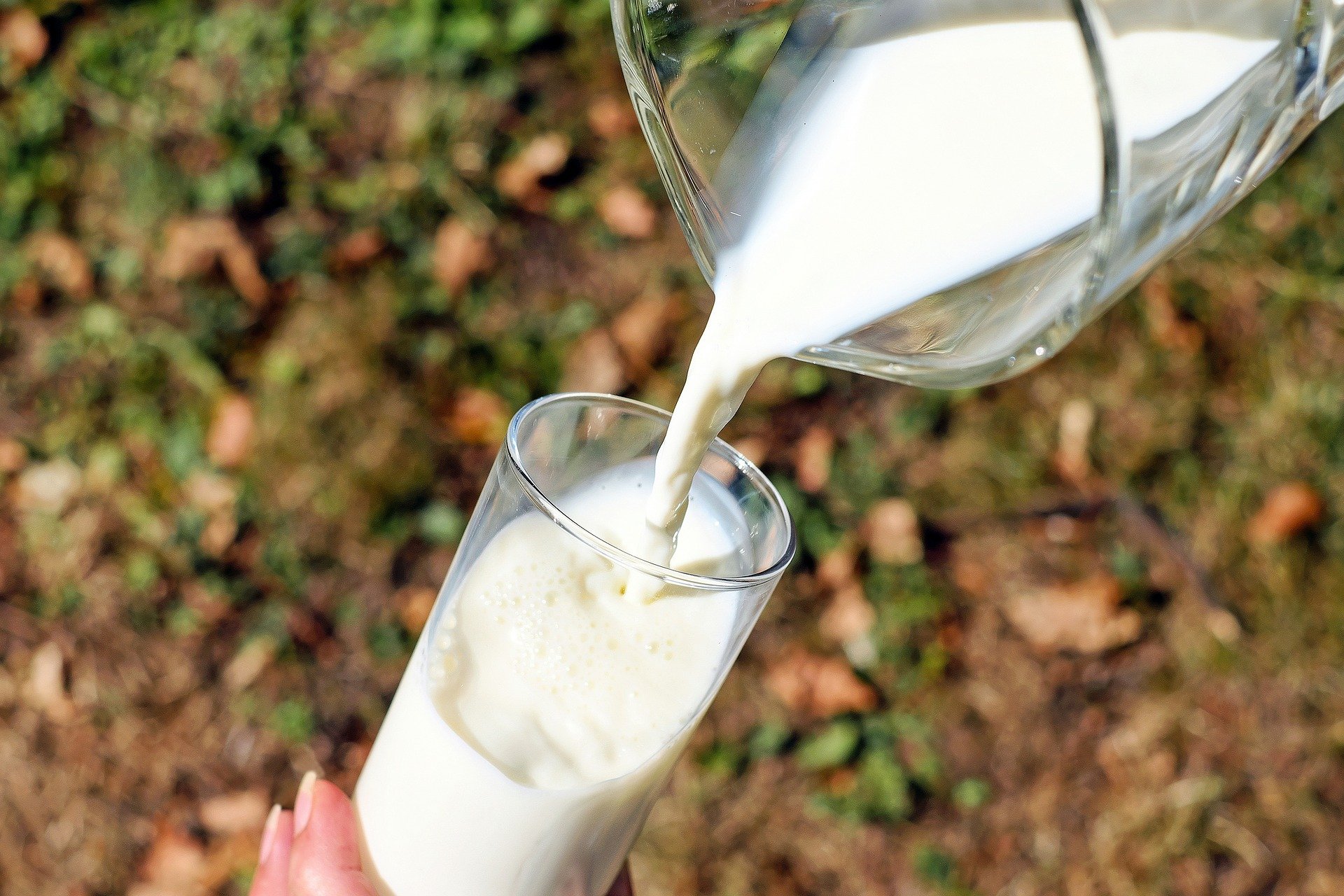Did you know that milk may be one of the healthiest things you can drink on a daily basis? The nutritional value of milk is actually quite complex, and is rich with almost every single nutrient that the body needs.
But how healthy is it, really? Many people are worried about how much calories milk really has. Here are the most important nutrition facts you need to know about milk.
Calories in Milk
In one cup of whole cow’s milk, there are approximately 149 calories. That’s not really a lot, but most people drink a lot more than one cup (240 ml) of milk.
However, there are some other healthy benefits: one cup has 7.7 grams of protein, 8 grams of fat, and 11.7 grams of carbs. These may seem high, but they’re in a much healthier form than fried foods.
Rich in High-Quality Protein
A single eight-ounce glass of milk provides you with a good amount of high-quality protein. This is used to keep bones strong and to build lean muscles. This is an easy way to supplement your protein intake for the day if adding meat to your plate isn’t your thing.
Highest Source of Calcium
Milk is the best source of calcium in the market, which keeps bones and teeth strong. It would take seven cups of raw broccoli in order to receive the same amount of calcium in a single serving of milk.
High Source of Vitamin D
Milk is now enriched with vitamin D, because this essential vitamin helps the body absorb calcium, increasing its effectiveness. The only other source of vitamin D that most people are exposed to is from the sunlight, but for people who live in the northern hemispheres, this source of vitamin D can be lacking during the winter months.
Milk is Rich in Riboflavin
Riboflavin, also called vitamin B2, converts the food you eat into energy. It has 35% of your recommended daily amount of riboflavin to help you feel more energized throughout the day.
Provides an Excellent Amount of Vitamin B12
Vitamin B12 is essential in the building of red blood cells and in the maintenance of the nervous system. And in a single glass of milk? You’ll get about 50% of the B12 you’ll need for the day.
Great Source of Niacin
Niacin, also called vitamin B3, works with riboflavin and vitamin B12 to help the conversion of food into energy. One serving of milk has 10% of the niacin you need for the day.
Vitamin A Can Be Found In Milk
Vitamin A found in milk provides about 15% of your daily recommended amount. It is essential to keeping your immune system healthy, as well as maintaining the health of your skin.
Milk Is a Great Source of Potassium
Many people would turn to bananas for their potassium, but milk is a healthy way to obtain your daily recommended amount. A glass of milk has the same amount of potassium as a small banana. Potassium is used to regulate the fluids in your body and for maintaining a healthy blood pressure.
A glass of milk is a great thing to have each day in order to maintain your health. If you’re lactose intolerant, there are milk alternatives you can have that are still enriched with all of these essential vitamins and nutrients.




